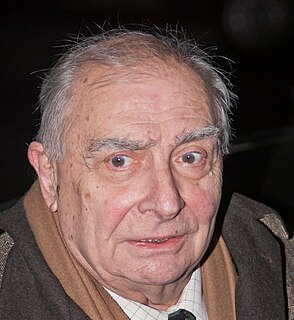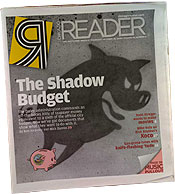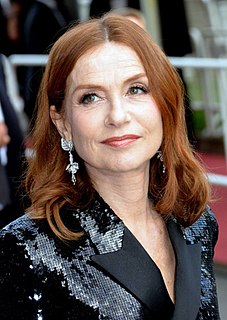
Isabelle Anne Madeleine Huppert is a French actress who has appeared in more than 120 films since her debut in 1971. She is the most nominated actress for the César Award, with 16 nominations. She twice won the César Award for Best Actress, for La Cérémonie (1995) and Elle (2016). Huppert was made Chevalier of the Ordre national du Mérite in 1994 and was promoted to Officier in 2005. She was made a Chevalier of the Legion of Honour in 1999 and was promoted to Officer in 2009.
Jean Yanne, the artist name of Jean Gouyé, was a French actor, writer, film director and composer. He was born in Les Lilas, Seine-Saint-Denis and died in Morsains (Marne).
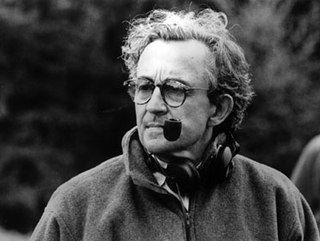
Louis Marie Malle was a French film director, screenwriter and producer. His film Le Monde du silence won the Palme d'Or in 1956 and the Academy Award for Best Documentary in 1957, although he was not credited at the ceremony; the award was instead presented to the film's co-director Jacques Cousteau. Later in his career he was nominated multiple times for Academy Awards. Malle is also one of the few directors to have won the Golden Lion multiple times.
Stéphane Audran was a French film and television actress, known for her performances in award-winning movies such as The Discreet Charm of the Bourgeoisie (1972) and Babette's Feast (1987) and in critically acclaimed films like The Big Red One (1980) and Violette Nozière (1978).
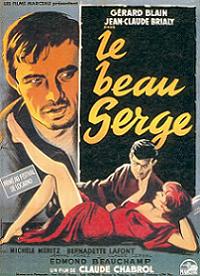
Le Beau Serge is a French film directed by Claude Chabrol, released in 1958. It has been cited as the first product of the Nouvelle Vague, or French New Wave, film movement. The film is often compared with Chabrol's subsequent film Les Cousins, which also features Jean-Claude Brialy and Gérard Blain.

Violette Nozière is a 1978 French crime film directed by Claude Chabrol and starring Isabelle Huppert and Stéphane Audran. The film, based on a true French murder case in 1933, is about an eighteen-year-old girl named Violette and her encounters with a number of older men. The film had a total of 1,074,507 admissions in France.
Paul Gégauff (1922–1983) was a French screenwriter, actor and director. He collaborated with director Claude Chabrol on 14 films. Among his films are Les Biches, Plein Soleil and the autobiographical Une Partie de Plaisir. In 1962, he and René Clement received an Edgar Award from the Mystery Writers of America as the screenwriters for Plein Soleil, which was named Best Foreign Language Film.
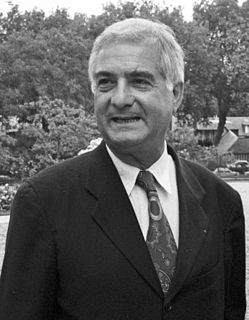
Jean-Claude Brialy was a French actor and director.

Maurice Ronet was a French film actor, director, and writer.

Strayed is a 2003 French drama film directed by André Téchiné, starring Emmanuelle Béart and Gaspard Ulliel. The plot follows a widowed mother, who escaping occupied Paris with her two young children during World War II, finds shelter with an itinerant teenager at an abandoned rural house. The film is an adaptation of Gilles Perrault's novel The Boy With Grey Eyes.

Paris vu par... is a French anthology film made in 1965.

Red Riding Hood is a 2011 American romance horror film directed by Catherine Hardwicke, produced by Leonardo DiCaprio and starring Amanda Seyfried as the title role, from a screenplay by David Leslie Johnson.
Jean Halain, born 14 January 1920 in Paris, died 14 September 2000 in Juvisy-sur-Orge, was a film screenwriter.

Gilbert Melki is a French actor.
Nada is a Franco-Italian film directed by Claude Chabrol released in 1974 and adapted from the crime novel Nada by Jean-Patrick Manchette. Inspired by the May 1968 events in France, the film has been described as a social thriller.

The Blood of Others is a 1984 film directed by Claude Chabrol. It is based on the 1945 novel The Blood of Others by Simone de Beauvoir. The film was originally made as a three-hour television mini-series and then recut down 40 minutes for a theatrical release
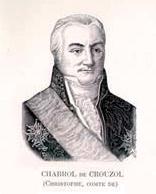
Christophe André Jean de Chabrol de Crouzol was a French politician who served in the administration of Napoleon, then adhered to the Bourbon Restoration in 1814. As Prefect of Rhône he acquiesced in brutal reprisals in 1817 against former supporters of Bonaparte. He was an elected deputy from 1820 to 1822, then was made a peer of France. He served as Minister of the Navy (1824–29) and as Minister of Finance (1829–30). Chabrol resigned before the July Revolution of 1830, unwilling to remain associated with the increasingly repressive government, but remained a supporter of the Bourbon monarchy.

Hamlet is a 1954 Hindi tragedy drama film, produced and directed by Kishore Sahu. The film was a free adaptation of Shakespeare's tragedy, with Sahu playing Hamlet as well as writing the screenplay, while the dialogues were by Amanat Hilal and B. D. Verma. It was produced under the "Hindustan Chitra" banner, a production company started by Sahu in 1944. It was Ramesh Naidu's debut film as a music composer. The film starred Mala Sinha, Kishore Sahu, Venus Banerji, Kamaljeet and Jankidas.
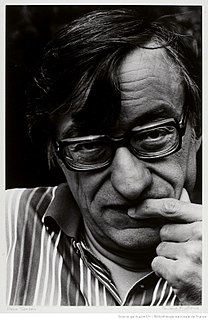
Pierre Georges Cornil Jansen was a French film scores composer. He was in particular the permanent collaborator of Claude Chabrol for whom he composed the music for many films.

